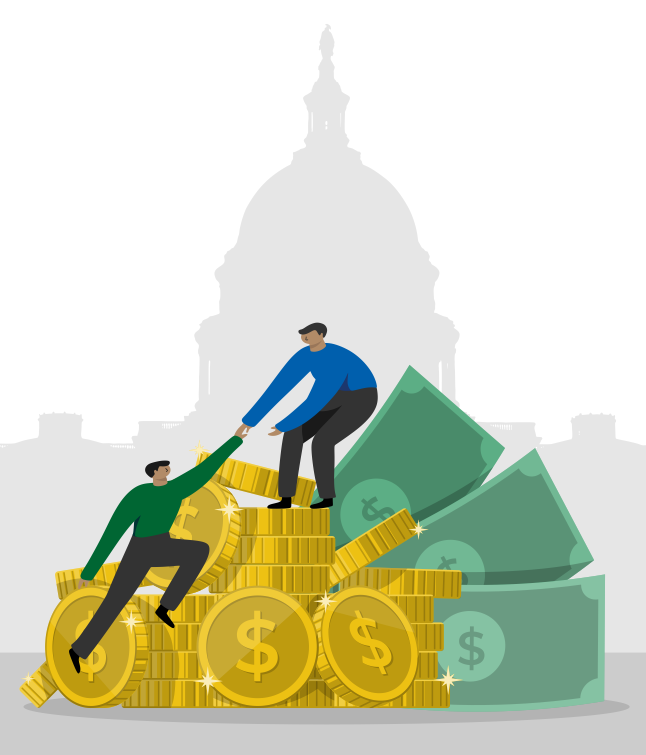Author: Geoffrey Ejiga
Are you buried six feet deep in debt and looking for magical strategies to pay back and be free from debt? You are not alone. Debt follows an “easy to get in, hard to get out” pattern. But there’s hope!
This guide will teach you how to pay off debt and stop it from growing.
What Is Debt
When I owe you something, it’s the same as a debtor owing a creditor. The item that is being owed is called “debt.”
Debt can be anything like money, a product, or even a favor from a friend. But in the financial world, debt consists of Mortgage debt, credit card debt, car loans, etc.
Below are some debt repayment strategies and options to help you manage debt.
-
Debt Snowball
The principles of the debt snowball method require you to pay your smallest debts first.
For example, if you have debt on two credit cards with a balance of $300 on card A and $1,000 on card B. It is recommended to pay off the debt on card A before paying for Card B because card A has smaller debt.
-
Debt Avalanche
This repayment option prioritizes your debts with the highest interest rates. The debt avalanche can save you more money on interest compared to the debt snowball strategy.
The downside of the debt avalanche is that it can take more time to start paying off than the debt snowball.
-
Debt Consolidation
Debt consolidation is simply joining multiple debts into one. You can use a personal loan or balance transfer credit card to consolidate your debts.
After the consolidation process, you should be able to pay all your debts from one place, resulting in a lower interest rate.
-
Debt Management Plan
A debt management plan is an option that requires a credit counseling agency. The agency will negotiate with your creditors and arrange a payment plan to pay off the debt in a way you can afford.
This option requires you to pay a specified fee to the credit counseling agency every month for them to help your forward it to your creditors.
Here are some options that can help you with your debt payments
-
Balance Transfer
The balance transfer option involves moving a balance from one credit card to another. A balance transfer can consolidate your debt, potentially getting you a lower interest rate.
If your credit score is good, balance transfer cards might be a good payment option. Some cards offer 0% intro APRs, meaning you can save money on interest.
-
Personal Loan
You can pay off your debts by using personal loans. This is another form of debt consolidation because you will have only one monthly payment to make. You may also get a loan with a low-interest rate depending on your credit score.
-
Debt Settlement
Debt settlement involves negotiating with the creditor to pay a lesser amount than what is owed. For example, if Bob owes $4,000 to Sarah, Bob could negotiate with Sarah to settle the debt for $3,000 instead.
-
Bankruptcy
You can file for bankruptcy as a means of discharging your debt. But using the bankruptcy option can easily damage your credit score.
Conclusion
Debt can cause a lot of anxiety which may eventually drive you crazy. To prevent this, you need to implement proven strategies and methods to repay and prevent your debt from growing. Debt snowball, debt avalanche, and other strategies and options mentioned in this article are great ideas to pay off your debt effortlessly.

